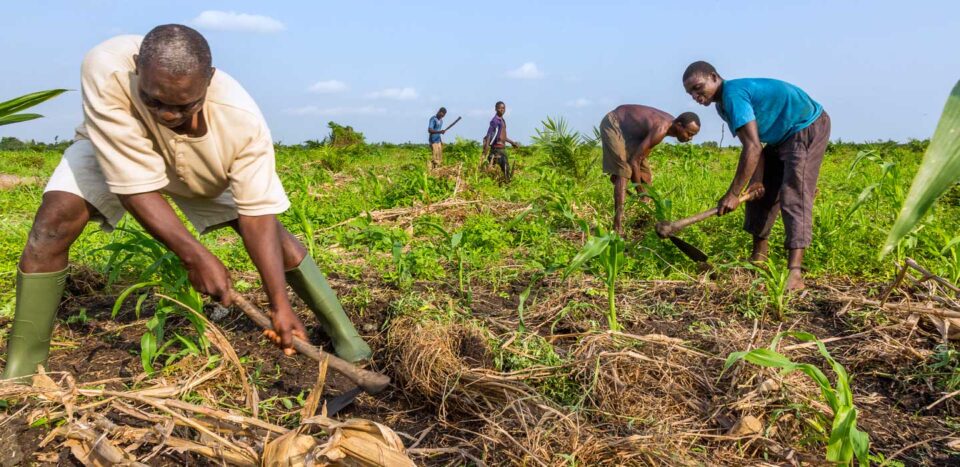OUAGADOUGOU, Burkina Faso – In a strategic push to improve food security and boost agricultural productivity, Burkina Faso is set to invest US$23.6 million in 2025 to expand irrigation infrastructure and storage capacity.
The announcement came via a press release from the Ministry of Agriculture on January 5, outlining plans approved by the Steering Committee of the West Africa Food System Resilience Program (PRSA-BF). Moussa Zida, chair of the committee, confirmed that the funding will support key projects including the expansion of irrigated farmland, development of lowland cultivation areas, establishment of market gardens, and construction of modern storage facilities.
This investment is designed to enhance agricultural resilience and reduce the country’s dependence on erratic rainfall patterns—an increasingly pressing challenge in the face of climate change.
Unlocking Agricultural Potential
Burkina Faso has significant untapped agricultural potential, with an estimated 500,000 hectares of lowlands and more than 233,500 hectares of irrigable land identified as suitable for rice and other staple crops. Yet, only a fraction of this land is currently utilized—just 10% of lowlands and less than 5% of irrigable areas are developed, according to data from the Food and Agriculture Organization (FAO).
The 2025 funding allocation aims to change that by accelerating infrastructure development and supporting farmers in accessing reliable water and storage systems.
A Pillar of the National Development Strategy
The initiative forms part of Burkina Faso’s broader Agropastoral and Fisheries Offensive 2023–2025, a flagship program geared toward strengthening rural livelihoods and agricultural output. It also reflects the government’s broader commitment to rural development, which saw a 5% increase in the rural budget for 2025.
Launched in 2022 by the Economic Community of West African States (ECOWAS) and supported by partners including the World Bank, the PRSA program is a regional effort to build resilient, sustainable food systems across West Africa.
Agriculture at the Heart of the Economy
Agriculture remains the backbone of Burkina Faso’s economy, accounting for about 33% of GDP and employing roughly 80% of the population. Yet, the sector remains vulnerable—around 20% of citizens face food insecurity, exacerbated by the country’s heavy reliance on rain-fed farming and frequent climate-related shocks.
Through enhanced irrigation and storage infrastructure, the PRSA-BF initiative seeks to empower farmers, stabilize yields, and build resilience against environmental risks.
As Burkina Faso navigates a complex landscape of climate change, population growth, and regional insecurity, these targeted investments mark a crucial step toward a more food-secure and self-reliant future.


